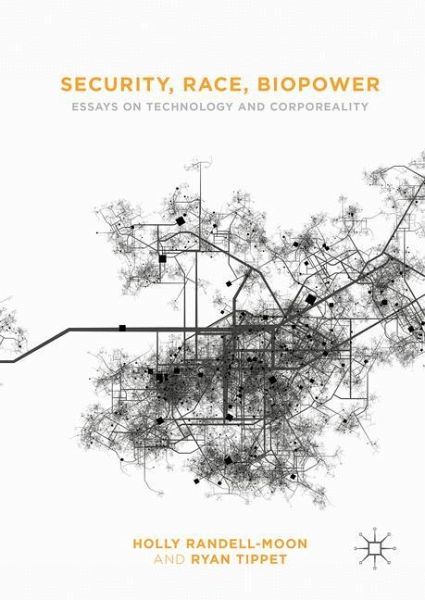
Security, Race, Biopower
Essays on Technology and Corporeality
Herausgegeben: Randell-Moon, Holly; Tippet, Ryan
Versandkostenfrei!
Versandfertig in 6-10 Tagen
99,99 €
inkl. MwSt.

PAYBACK Punkte
50 °P sammeln!
This book explores how technologies of media, medicine, law and governance enable and constrain the mobility of bodies within geographies of space and race. Each chapter describes and critiques the ways in which contemporary technologies produce citizens according to their statistical risk or value in an atmosphere of generalised security, both in relation to categories of race, and within the new possibilities for locating and managing bodies in space. The topics covered include: drone warfare, the global distribution of HIV-prevention drugs, racial profiling in airports, Indigenous sovereign...
This book explores how technologies of media, medicine, law and governance enable and constrain the mobility of bodies within geographies of space and race. Each chapter describes and critiques the ways in which contemporary technologies produce citizens according to their statistical risk or value in an atmosphere of generalised security, both in relation to categories of race, and within the new possibilities for locating and managing bodies in space. The topics covered include: drone warfare, the global distribution of HIV-prevention drugs, racial profiling in airports, Indigenous sovereignty, consumer lifestyle apps and their ecological and labour costs, and anti-aging therapies.
Security, Race, Biopower makes innovative contributions to multiple disciplines and identifies emerging social and political concerns with security, race and risk that invite further scholarly attention. It will be of great interest to scholars and studentsin disciplinary fields including Media and Communication, Geography, Science and Technology Studies, Political Science and Sociology.
Security, Race, Biopower makes innovative contributions to multiple disciplines and identifies emerging social and political concerns with security, race and risk that invite further scholarly attention. It will be of great interest to scholars and studentsin disciplinary fields including Media and Communication, Geography, Science and Technology Studies, Political Science and Sociology.












